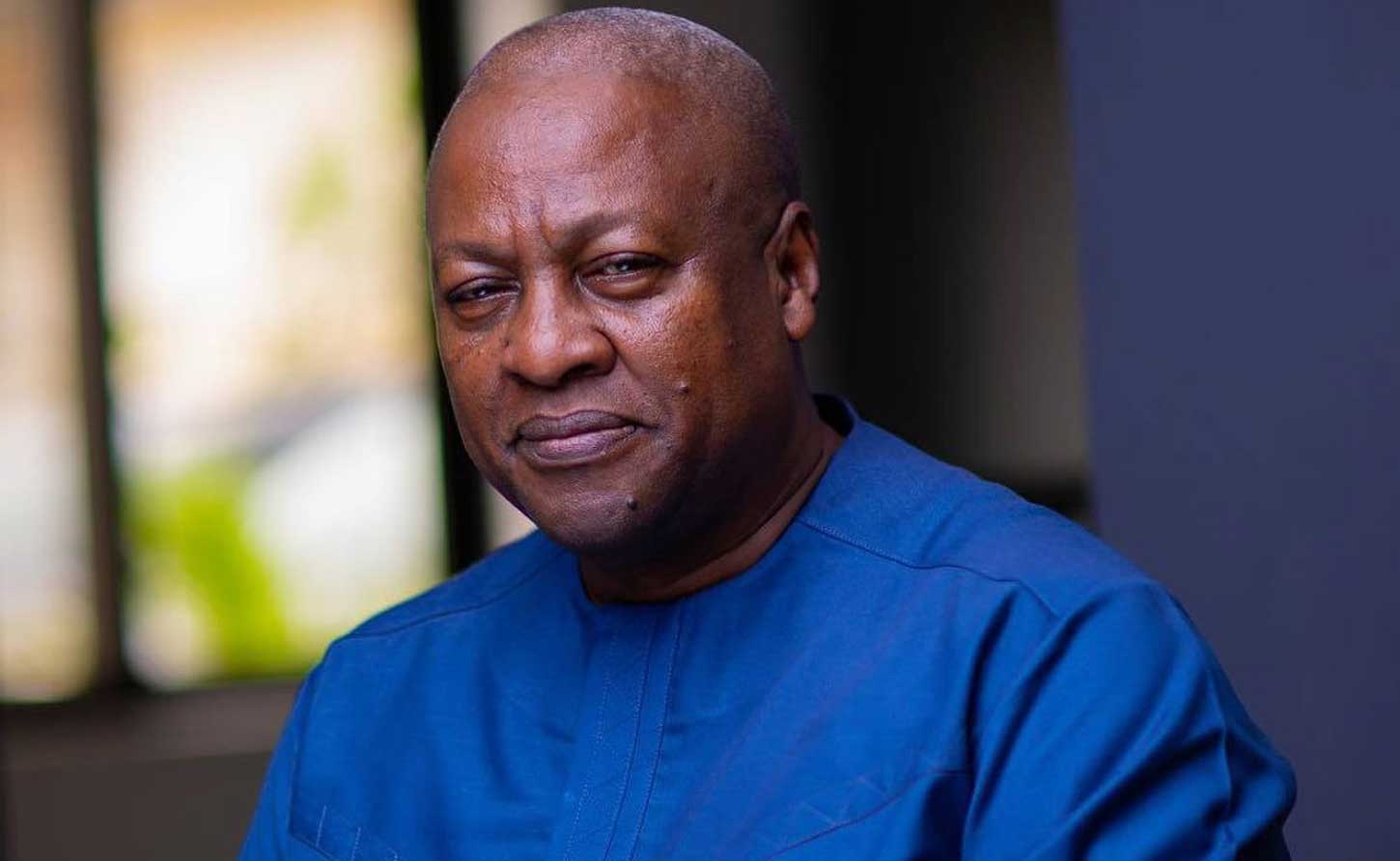AFRICA | Ghana's Economic Reckoning: New President Inherits IMF Bailout Mess

WASHINGTON DC, July 7, 2025 - Ghana's freshly minted President John Mahama has inherited an economic minefield wrapped in an IMF lifeline. The International Monetary Fund announced Monday the release of $367 million to Ghana under its Extended Credit Facility program, bringing total disbursements to $2.3 billion—but not before delivering a scathing assessment of the previous administration's pre-election spending spree.
The timing couldn't be more pointed. Mahama swept to victory in December's election with 56.55% of the vote, riding a wave of public frustration over economic hardship that saw 82% of Ghanaians believing their country was on the wrong track. Now he must clean up the fiscal wreckage left behind by his predecessor's government, which the IMF diplomatically describes as "significant deterioration in program performance."
A Tale of Two Stories
Ghana's economy showed surprising resilience in 2024, with growth exceeding expectations thanks to robust mining, agriculture, and construction sectors. Gold exports soared, remittances flowed, and international reserves accumulated far beyond program targets. Yet beneath this veneer of success lurked a more troubling reality.
The IMF's preliminary data reveals "slippages in the run-up to the 2024 general elections," including a massive accumulation of unpaid bills. Translation: the outgoing administration went on a spending binge to woo voters, leaving the new government to face the music. It's a familiar refrain in African politics, where electoral cycles often derail economic discipline.
The Reckoning
Mahama's response has been swift and decisive—perhaps learning from his own rocky first presidency that ended in 2017 amid corruption scandals and energy crises. The new administration has enacted a strong 2025 budget targeting a primary fiscal surplus of 1.5% of GDP while implementing comprehensive public financial management reforms. They've also raised electricity prices—never a popular move but essential for fiscal health.
The Bank of Ghana has tightened monetary policy to combat inflation, which had exceeded program targets despite recent improvements. The central bank has also intensified monitoring of weak, undercapitalized banks and implemented risk containment measures to shore up the financial sector.
Debt Restructuring: Progress Amid Uncertainty
Ghana has made significant headway on its debt restructuring, with the Memorandum of Understanding with official creditors now signed by all parties. The focus shifts to finalizing bilateral agreements and securing deals with commercial creditors that align with program parameters. International credit rating agencies have already rewarded this progress with upgrades, offering a glimmer of hope for eventual market access.
The Mahama Challenge
Deputy Managing Director Bo Li's statement reads like a diplomatic warning wrapped in encouragement. The new administration has taken "bold corrective actions" but must now "stay the course of macroeconomic policy adjustment and reforms" to restore stability and foster growth.
For Mahama, this represents both vindication and enormous pressure. Voted out in 2016 by the largest margin in post-independence history, he now has a chance to rewrite his legacy. But with poverty rampant and inflation eroding purchasing power, the sequencing of reforms will be crucial.
The IMF's message is clear: forcefully addressing challenges in the energy sector, improving state-owned enterprise management, and maintaining fiscal discipline are "of the essence". With poverty projected to reach 51.2% by 2027 and extreme poverty hitting 26.9%, there's little room for the kind of "slippages" that characterized the election period.
The Bottom Line
Ghana's economic recovery hangs by a thread—one that could snap if political expediency trumps fiscal discipline once again. Mahama's second act as president will be judged not just on his ability to complete the IMF program, but on whether he can break the cycle of electoral spending that has repeatedly derailed Ghana's progress. The $367 million disbursement is both a reward for recent reforms and a test of future commitment. In a country where 82% believed they were heading in the wrong direction, failure is not an option.
The IMF's Extended Credit Facility program runs through 2026, with future disbursements contingent on continued policy implementation and reform progress.
-30-
